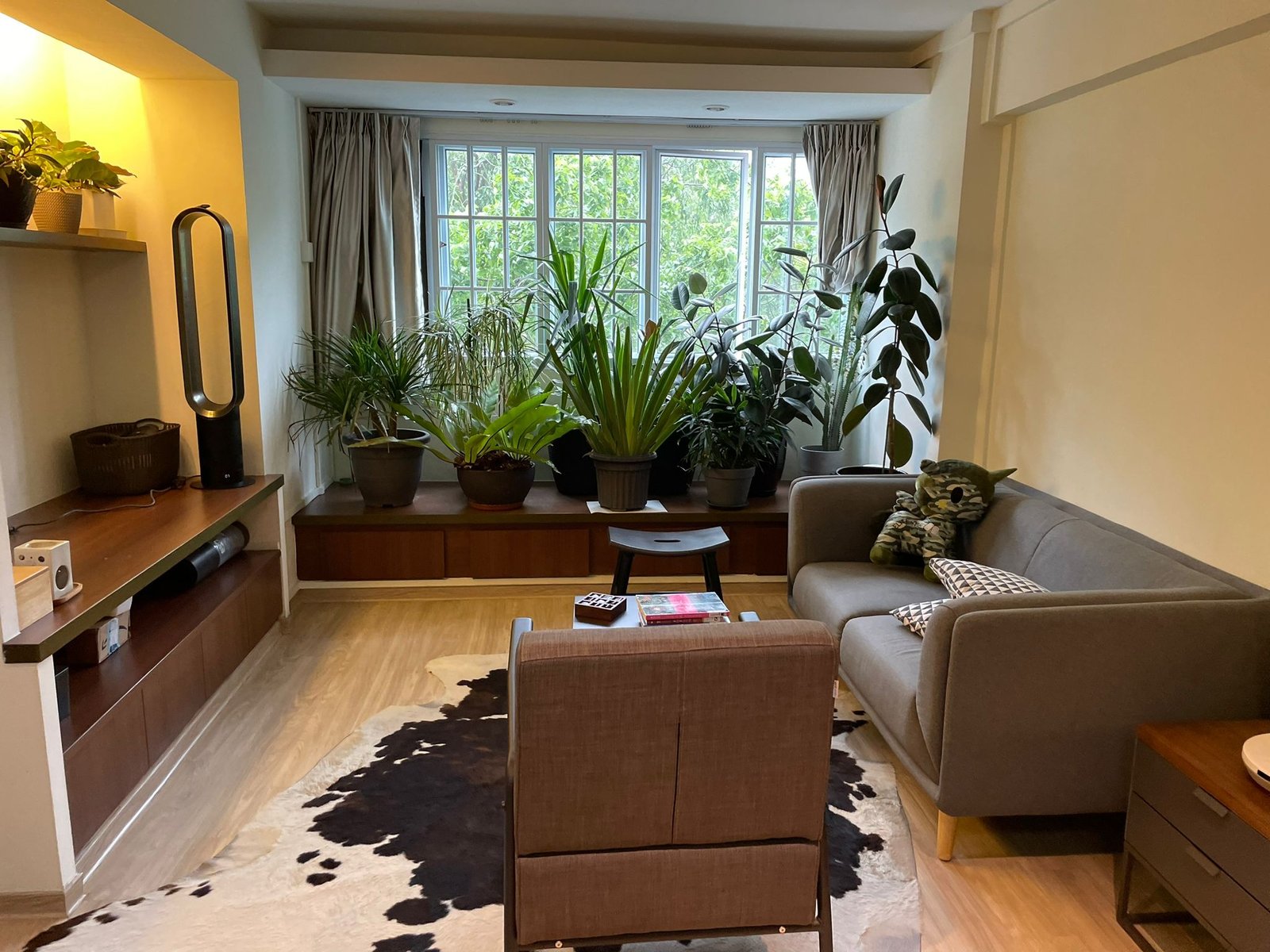Are you a landlord in Singapore looking for a new way to rent out your property? Have you heard of co-living? In this guide, we will explore what co-living is, whether it is legal in Singapore, the requirements you need to meet, the advantages and disadvantages of renting to a co-living company, and what you should take note of.
What is Co-living?
Co-living is a modern housing concept that involves sharing living spaces with others in a community setting. In a co-living arrangement, tenants typically have their own private bedrooms and bathrooms but share common areas such as the kitchen, living room, and sometimes even workspaces.
Popular co-living operators such as Hmlet and Coliwoo are gaining on their market share locally in Singapore. They are sometimes seen as tenant, where they would lease a residential unit from the landlord. They would then let out each room or units to individuals.
Is Co-living Legal in Singapore?
Yes, co-living is legal in Singapore. However, there are some requirements that co-living companies need to meet before they can operate. For example, they need to ensure that the maximum occupancy limit is not exceeded at all times.

Requirements for Co-living in Singapore
If you are a landlord looking to rent out your property to a co-living company, you will need to ensure that your property meets certain requirements. These include:
The property must be approved for residential use.
The property must meet the minimum size requirements (35 sqm or 376.74 sqft) set out by the Urban Redevelopment Authority (URA).
The property must comply with the by laws of the residential building or the condominium.
The property must not be located in a restricted zone.
- Minimum of 3 months stay.
Advantages and Disadvantages of Renting to a Co-living Company
Advantages:
- Higher rental yield as co-living companies are willing to pay a premium for properties that meet their requirements.
- Steady rental income as co-living companies sign long-term contracts.
- Reduced risk of vacancy as co-living companies are responsible for filling vacancies.
Disadvantages:
- Limited control over who lives in the property.
- Increased wear and tear on the property.
- Potential noise and disturbance from communal living.
- Extremely difficult to arrange for sale viewings when you decide to sell the property. For example, if yours is a 3 bedroom unit. The viewer may only be able to view the living room or 1 room most of the time. It is difficult to coincide the right timing for all 3 individual tenants.
What to Take Note of?
If you decide to rent out your property to a co-living company, there are a few things that you should take note of:
Check the co-living company’s track record and reputation before signing any agreements.
Ensure that your property fulfils the requirements for co-living in Singapore.
Clarify the terms of the contract, including the rental rate, duration of the lease, and any other obligations of the parties.
Engage a agent and work out a fair tenancy agreement that protects your interests.
Co-living company may sometimes create additional room with the use of partitioning. It really depends on the layout of your unit. In all cases, we usually put in a clause in the tenancy agreement that they have to reinstate to the original layout.
If you’re interested in renting out your property to a co-living company, feel free to contact me. As a real estate agent in Singapore, I have extensive experience working with co-living companies and can help you find the right tenant for your property.














